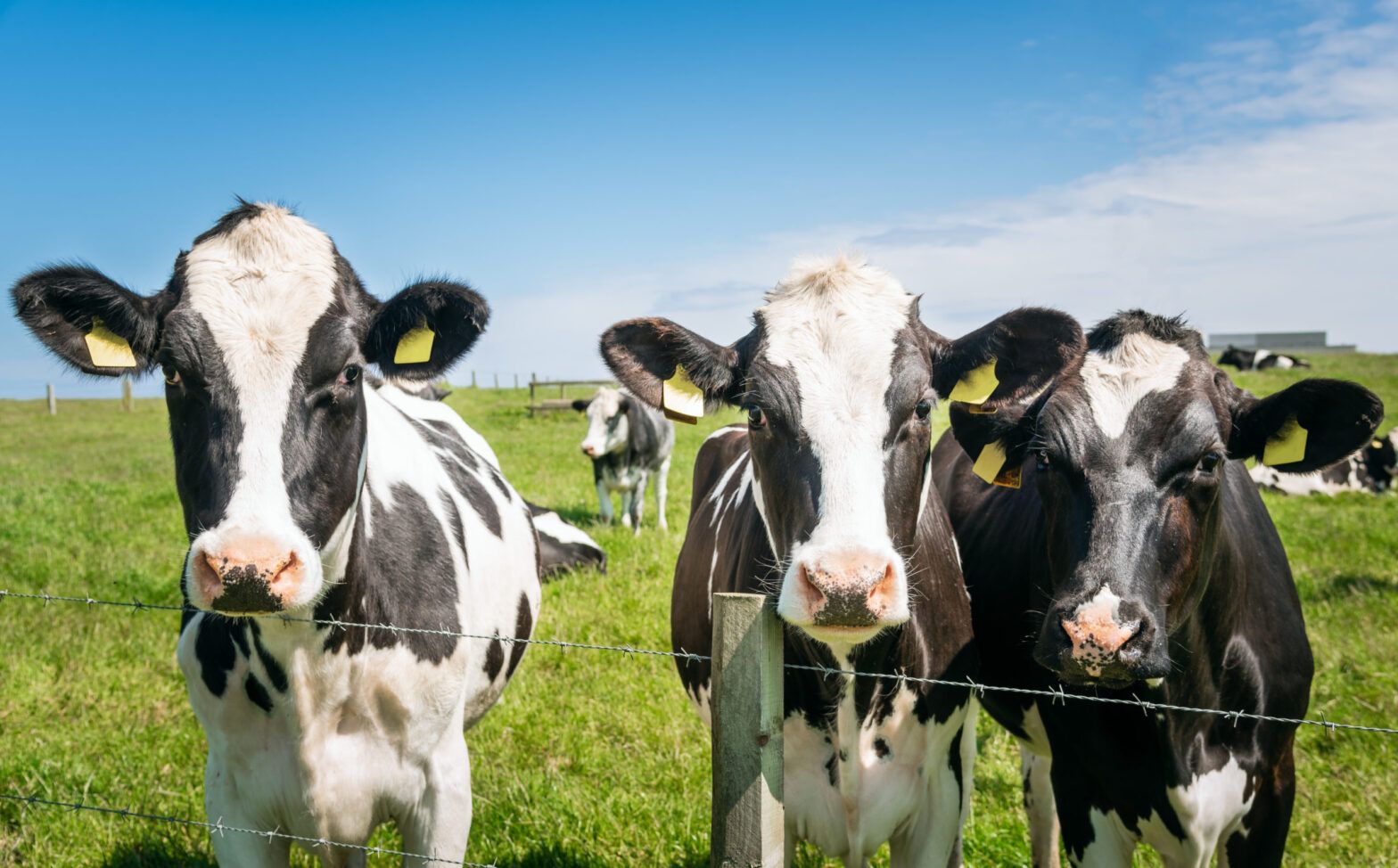Aviva and Robeco are among a group of investors representing $8trn in AUM that has launched an engagement campaign targeting animal agriculture firms over their management of manure.
Investor network FAIRR said it wanted to address biodiversity impacts of waste mismanagement and nutrient pollution from livestock production by asking 10 animal agriculture firms to disclose a full assessment of how manure is managed in their supply chains. They also want companies to detail how they are managing the associated risks of nutrient pollution.
Jeremy Coller, chair and founder of the FAIRR Initiative, and CIO at Coller Capital, said: “The meat industry’s failure to manage manure effectively is threatening both biodiversity and the bottom line for investors. Unbelievably, more waste is produced by animal farms each year, than the volume of plastic produced worldwide. The practice of dumping excessive amounts of manure and allowing nutrients to pollute waterways is killing off marine life and endangering public health.”
FAIRR also highlighted manure represents a precious store of nitrogen and phosphorus fertiliser but, due to complexities surrounding its distribution, it is treated as a waste product to be disposed of inexpensively rather than as a valuable fertiliser – it could be transported a few kilometres away to be spread on crops.
“Moreover, companies are missing an opportunity to be part of a global solution by creating valuable fertiliser from waste, at a time when it has never been more expensive to procure,” Coller added.
Investors including Robeco and Aviva have backed the engagement campaign with further groups set to be announced. The campaign is open for more to join until 21 October.
The companies targeted by the engagement are: Maple Leaf Foods (Canada), Tyson Foods (US), Seaboard Foods (US), Hormel Foods (US), Muyuan Foods (China), WH Group (China), Charoen Pokphand (Thailand), BRF (Brazil), JBS (Brazil), Cranswick (UK), Darling Ingredients (US) and Yara (Norway).
Eugenie Mathieu, senior ESG analyst & earth pillar lead at Aviva Investors, commented: “We urgently need a collective effort from the animal protein supply chain to reduce the impact of its waste, and to build resilience against looming regulation. We urge companies to grab the bull by the horns to prevent the breakdown of global biodiversity, which would have profound economic effects on the world we live in.”
Peter van der Werf, senior manager within the engagement team at Robeco, added: “As a key driver of biodiversity loss globally, waste and pollution from intensive livestock production must be addressed – and this first-of-its-kind engagement is an important step forward.
“Around one quarter of our assets under management are either highly or very highly dependent on at least one ecosystem service – services reliant on healthy ecosystems. Protecting biodiversity is in the long-term interests of our clients and our investment performance, not to mention the planet.”








